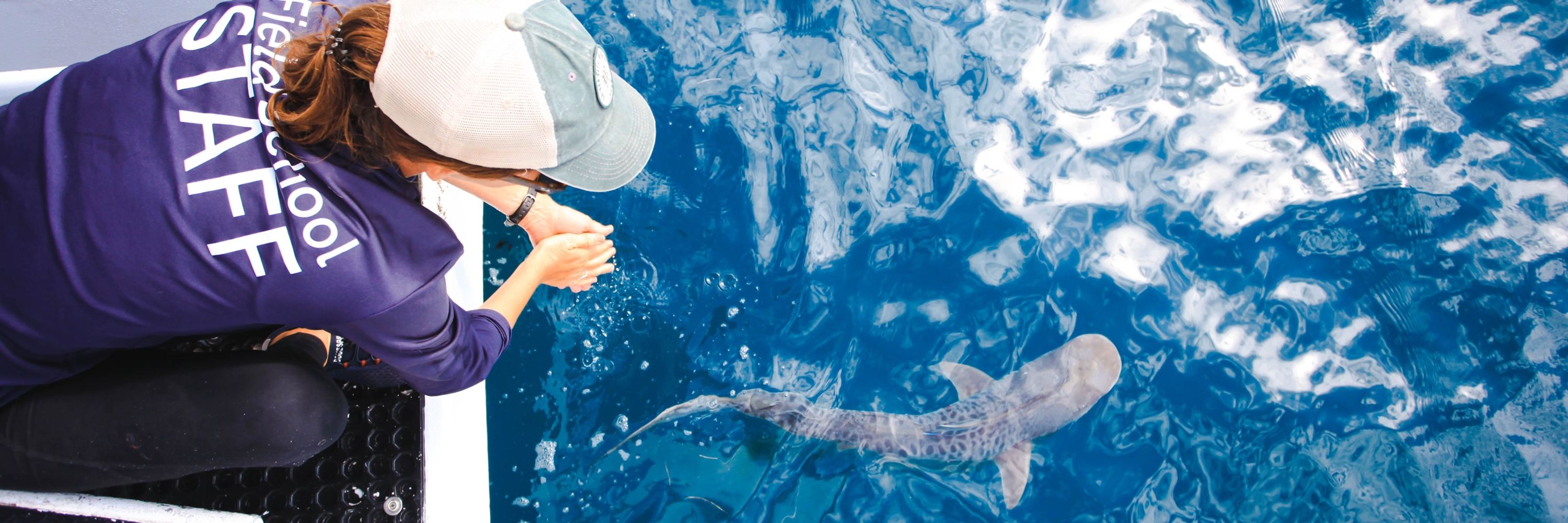


CMS stands ready to help conservation measures beyond national borders deliver real benefits for marine wildlife: www.cms.int/news/high-se...

CMS stands ready to help conservation measures beyond national borders deliver real benefits for marine wildlife: www.cms.int/news/high-se...
Example:
Juvenile fish moving between reefs might do better traveling with Manta been moving alone along a Sandy bottom.

Example:
Juvenile fish moving between reefs might do better traveling with Manta been moving alone along a Sandy bottom.

The blue streaks are fast moving shipping vessels entering and leaving New York City harbor.
One collision and the whale is dead.
We need *mandatory* speed limits for these vessels! 🧪🦑🌍
The blue streaks are fast moving shipping vessels entering and leaving New York City harbor.
One collision and the whale is dead.
We need *mandatory* speed limits for these vessels! 🧪🦑🌍
But a high point for internet mockery
But a high point for internet mockery
IPBES remains committed to its mandate to provide the most credible science and evidence about biodiversity to all decision makers and actors.
— @davidobura.bsky.social , @ipbes.net Chair

IPBES remains committed to its mandate to provide the most credible science and evidence about biodiversity to all decision makers and actors.
— @davidobura.bsky.social , @ipbes.net Chair
Our new (in December) paper offers advice for early career scientists who want their research to help influence conservation and management policy. Lots of people say that they want to do this, but lack the policy training to do it meaningfully and usefully. Our paper can help!
🧪🦑🌍🦈

Our new (in December) paper offers advice for early career scientists who want their research to help influence conservation and management policy. Lots of people say that they want to do this, but lack the policy training to do it meaningfully and usefully. Our paper can help!
🧪🦑🌍🦈
Nearly 1 in 10 doctor visits in late December were for flu-like symptoms—the highest level recorded in nearly 30 years. To date, the U.S. has seen 120,000+ hospitalizations and 5,000 deaths, including children. bit.ly/3LkZiOI


New findings bolster a theory that sleep evolved before centralized nervous systems to repair DNA damage that builds up in individual nerve cells while animals are awake.
“Neurons are very precious”

New findings bolster a theory that sleep evolved before centralized nervous systems to repair DNA damage that builds up in individual nerve cells while animals are awake.
“Neurons are very precious”
Trans kids are under attack. Every year, I make a thread of trans and nonbinary girl scouts you can get your cookies from.
Lets get our cookies from them this year in solidarity!

Trans kids are under attack. Every year, I make a thread of trans and nonbinary girl scouts you can get your cookies from.
Lets get our cookies from them this year in solidarity!

🧪🦑🌍🦈

Same goes for instructors.
publications.gc.ca/collections/...

publications.gc.ca/collections/...
www.nhm.ac.uk/discover/new...

www.nhm.ac.uk/discover/new...


